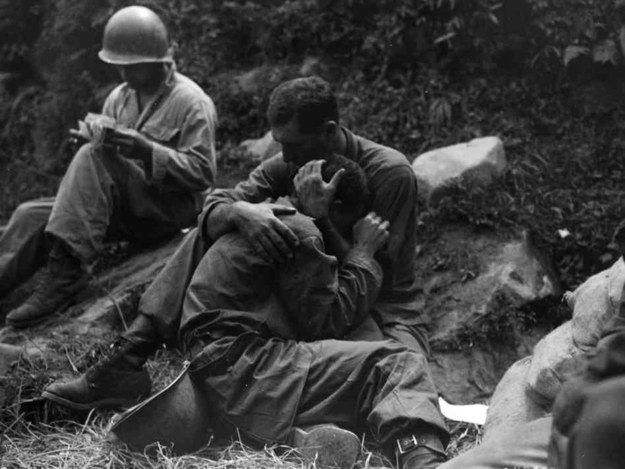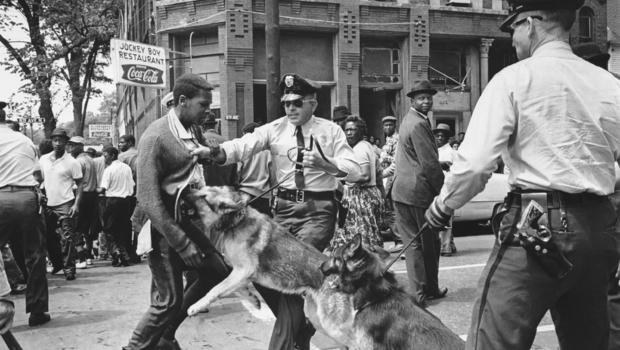
Saturday Night Live and Selective Memory
When you ask an individual over the age of 30 when the peak of SNL was, more often then not they will say the years that correspond to their adolescent years, or when SNL became the cool thing to watch. This is because most individuals suffer from what psychologists call "selective memory", or the ability to remember some facts while forgetting others. How does this apply to SNL? When a 40-year-old adult reminisces about the best years of SNL, their brain thinks back to the standout sketches from that time period, the classics. However, they fail to remember the duds, the time fillers, because naturally these sketches were less funny and therefore less memorable. The 40-year-old adult therefore paints this pristine portrait of the show; a portrait that will undoubtedly in their minds trump any given Saturday Night Live episode in 2015.

This idea of "selective memory" may say something greater about how adults reminisce about childhood, and developing a greater self-awareness of selective memory will allow us to better understand how we process past events and ultimately allow us to better understand the younger generations of today.
History of Selective Memory
The theory of selective memory first emerged when a psychologist noticed patterns of memory loss in returning soldiers exposed to trauma in World War II. These soldiers, many of whom had been exposed to traumatic wartime experience, failed to recall whole periods of the war when questioned.
Scientists have determined that at its root level selective memory is essentially a coping mechanism for individuals that have undergone severe trauma.

"When I was a kid....."
While selective memory is rooted in traumatic experience, many modern psychologists argue that it can be applied to everyday adulthood as well. Take for example the phrase that every kid heard growing up, "When I was a kid….." The start of the phrase is usually followed with some description of how the adult acted in a superior way. Adults tend to remember the good times from childhood, the time where they were successful or acted a certain way. In reality they are failing to remember the times they made mistakes, because in line with the idea of selective memory it is convenient to do so.
This may say something greater about how we view the youth of today. Similar to how 40-year-old adult may view the late 80's as the golden years of Saturday Night Live, perhaps we are unfairly judging the youth of modern day against an unrealistic standard of what life was like when our generation was young. By analyzing their actions through rose-tinted lenses, we place this unfair standard for them to live up to, which in turn fosters the generational divide often visible in society. Perhaps at their roots, each generation is not all that different, and perceived differences are just the result of how we remember ourselves.

The Fallacy of the Greatest Generation
News anchor Tom Brokaw famously coined the term "The Greatest Generation," a reference to the American generation who grew up during the Great Depression and fought on the front lines of World War II. While it would be hard to argue against the immense contributions that "The Greatest Generation" brought to American society, it can be questioned whether that generation actually possessed an inherent greatness compared to generations that have followed, or whether or not the generation simply responded to the circumstances they were placed under. Famed World War II veteran, and Olympic Athlete, Louis Zamperini was often quoted saying, "We were not the greatest generation of Americans to live; we were simply doing our jobs."
When we reflect on "The Greatest Generation" we remember their tenacity and dedication to freedom, but forget that the same generation vehemently oppressed the freedoms of Black Americans in the South.
To say that one-generation is inherently superior to another generation is not true; each generation is imperfect. Members of a generation will likely recall their own generation through the lens of selective memory because it is natural; however this leads to the perceived superiority each generation claims over one another.

Generational Differences and Saturday Night Live
This interpretation of generational differences through selective memory can be further applied to Saturday Night Live. Across its forty seasons SNL has naturally remained an imperfect production. It must be acknowledged that the show has had low points; the mid-90's production was objectively awful. However, because the show is largely based on the talent level of the entire current cast and writers, the show is very cyclical in nature. With an average cast member stay of only 3.56 seasons the show is bound to have strong and weak cycles as the great and bad feature players come and go.
Since the average peak ages of viewership of SNL in one's life lasts 10 years, ages 15-25 years old, it's safe to say each generation has watched a weak cycle, but more importantly one weak cycle has never lasted an entire generation. Each generation forgets these noticeably weak seasons and sketches because, in accordance with the theory of selective memory, they are simply not as memorable.
Therefore an individual's memory of Saturday Night Live during their generation is observed through these rose-tinted glasses, and compares current seasons to an unfair standard of production. In other words, when it is all said and done, Saturday Night Live has maintained a constant level of comedic value across generations. With only the best sketches being remembered from the "strong cycles", which were very imperfect in their own right, it could be argued that, besides a handful of great sketches, perhaps Saturday Night Live has never been that funny.

